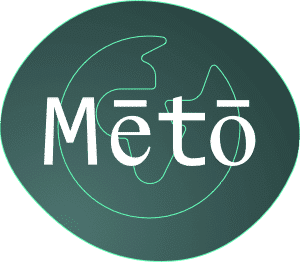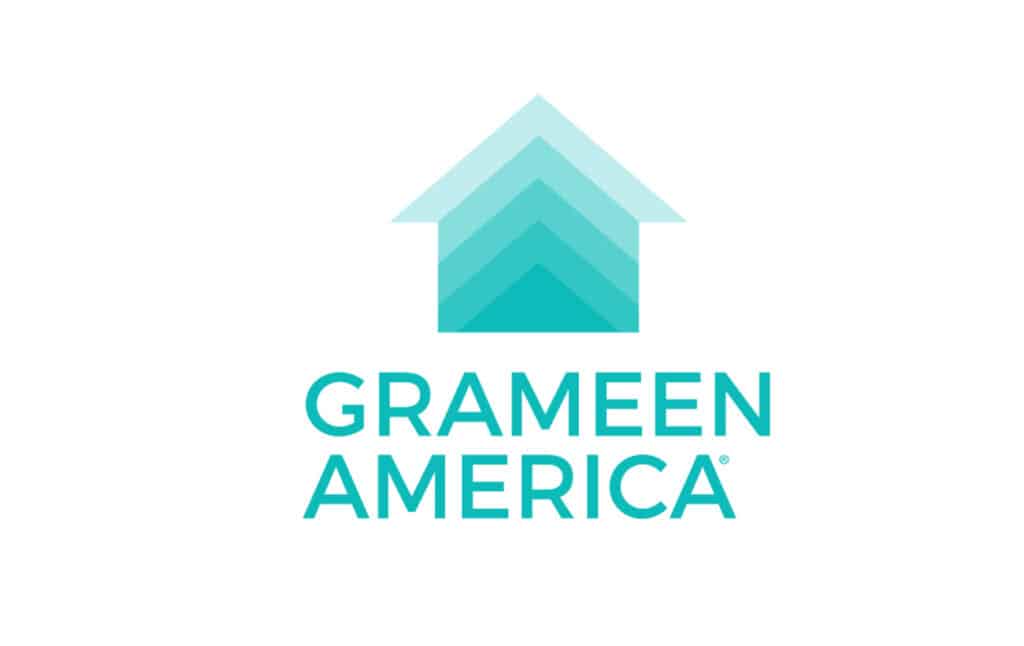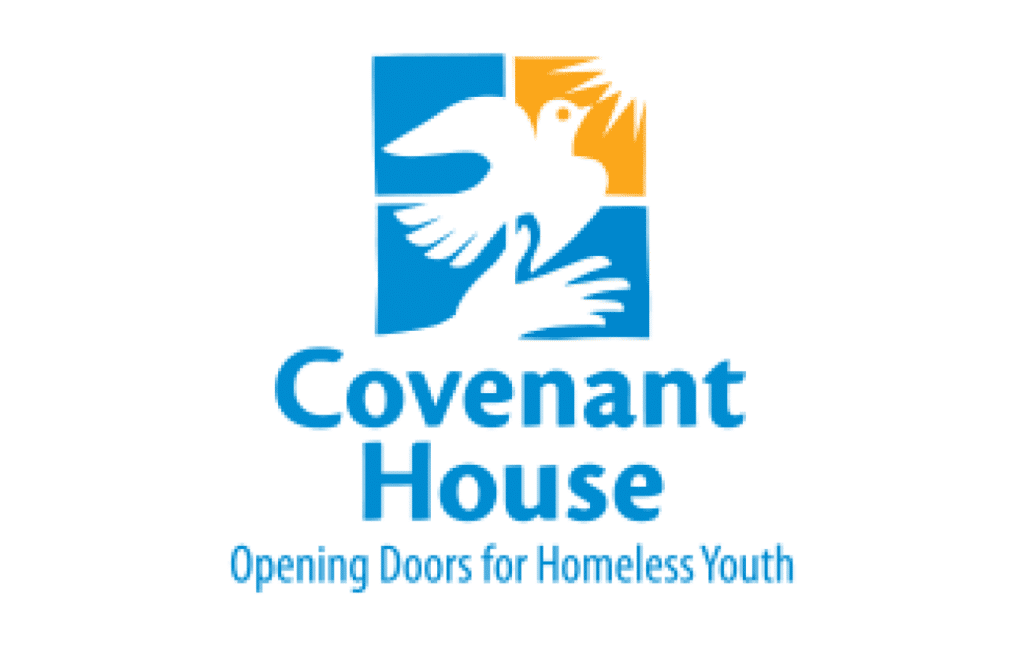Unfortunately, there’s no universal punch list of metrics marketers can rely on to steer their businesses in the right direction. It’s not a one-size-fits-all exercise. As the rules of modern marketing and capabilities of new platforms continue to grow, flexibility has become the name of the game. Today’s marketers must be prepared to pivot their measurement tactics whenever necessary to support their specific (and often evolving) goals and prove their success.
That said, there are some metrics all businesses can count on for measuring the effectiveness of their omnichannel marketing efforts. In this post, our data experts weigh in on essential marketing KPIs you should be using and how they can help you reach your business goals.
1. Website Traffic Metrics
At a minimum, you should be examining:
- Top-viewed pages
- Time on page
- CTA views
- Click-through rates
If you’re a retailer, you should also review:
- Page views
- Completion rates
- Trending product pages
- Trending pre-sell landing pages
2. Social Media Metrics
Industry Benchmarks & Automation. When it comes to social media metrics, context is key. Organizing your data so it can be easily compared with industry benchmarks is one of the easiest and most efficient ways to measure success. It can be helpful to use a smart reporting platform or implement another automated tool to lessen your manual workload.
Team Objectives & Goals. Determine essential areas for KPI measurement and align those KPIs with your team’s big-picture objectives and goals. For example, if you’re looking to raise brand awareness, you should be examining growth-related metrics. Or if you’re hoping to collect or convert leads, you can use engagement-related metrics to help you optimize content that interests potential leads.
3. Lead Generation Metrics
- How many MQLs in each nurturing program hit the scoring threshold and became SQLs that were passed along to sales.
- How many of the SQLs became qualified opportunities.
- How many of the qualified opportunities became actual sales, and how much revenue that sale contributed back to the business.
Leveraging Metrics for Leadership









